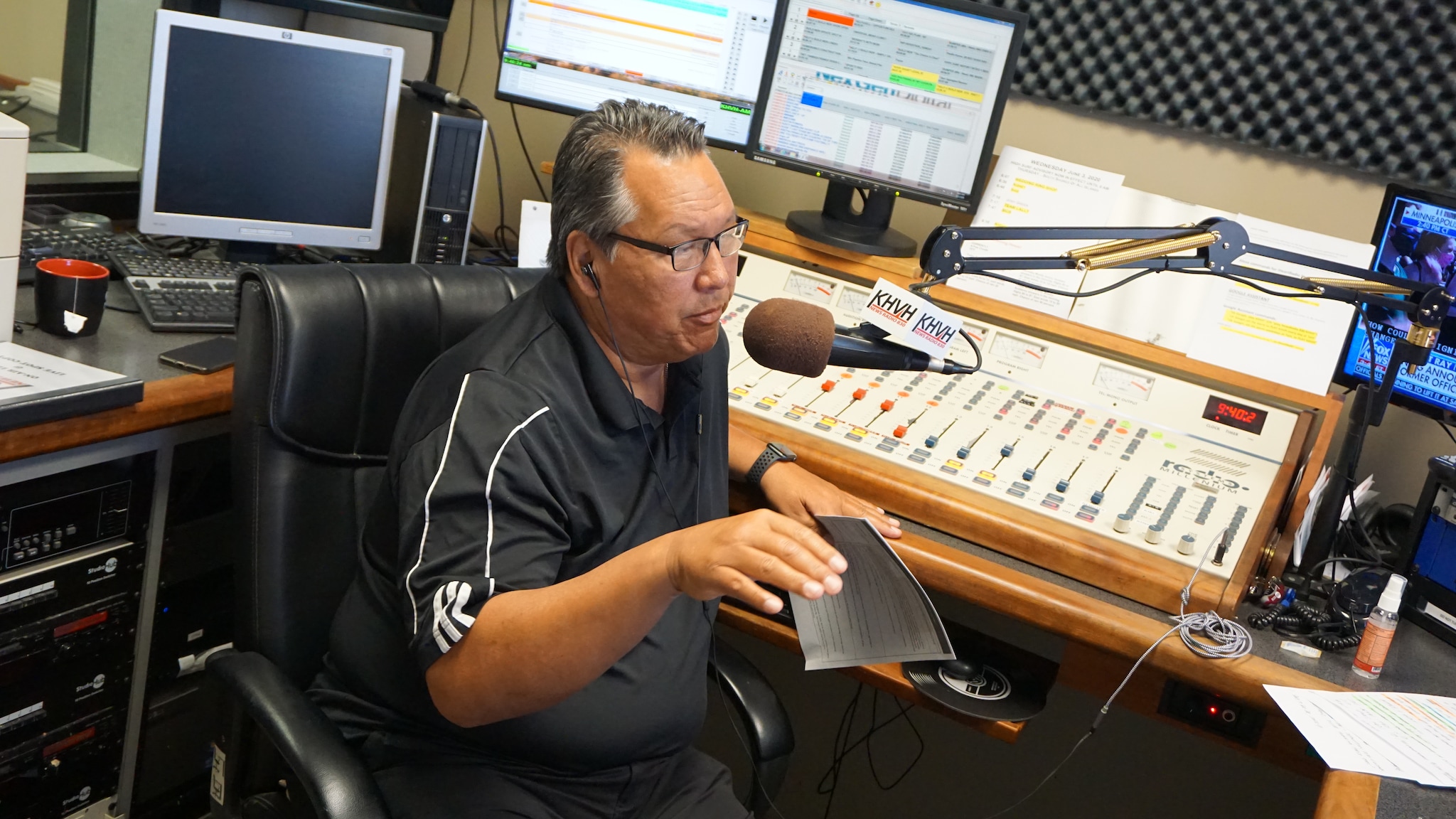February is American Heart Month, a time when we’re all reminded to pause and focus on our cardiovascular health. Heart disease is the number one killer of Hawaiians as well as the American population as a whole -- but thankfully there are many steps we can each take today to assess and lower our risk.

On the latest episode of Sustaining Hawaii, Rick Hamada is joined by American Heart Association (AHA) Hawaii Division Board President, Dr. Zia Khan, to discuss heart disease risk factors and how you can take action to reduce yours.
BMI and central obesity is one risk factor for heart disease. “Generally, a BMI between 18 and 25 says that your body mass is good for your height, weight and age,” he explains. “You could think of it as a measure of your overall fitness. Central obesity is the more specific risk factor for heart disease. So if you have a bigger stomach area, for instance, that can put you at a higher risk for heart disease than just a high BMI alone.”
You can calculate several risk factors, including central obesity, using the Heart Smart Assessment provided by Bayer Aspirin. Here you can take a timeout for your heart and learn about your individualized risk factors and how to take action to improve your heart health.

Another major risk factor is something many of us struggle with: sleep. “Sleep affects every other risk factor. It's a risk in and of itself for cardiovascular disease, but also compounds and affects other risk factors,” Dr. Khan explains. “For instance, if you're not sleeping well, your cortisol levels are high, and you tend to eat more highly processed foods. When you don't sleep, you tend to not have the energy to exercise. And so it affects your ability to eat, exercise, and it also affects your ability to make good decisions. Your willpower is usually compromised, so if you’re trying to quit smoking, you’re less likely to be successful. Sleep is really essential.”
Dr. Khan also shared some important tips to remember about CPR. “If somebody goes down, the first step is to have somebody call 911. Then start CPR as quickly as possible, just doing the compressions at the center of the chest.” Chest-compression CPR, also known as Hands-Only CPR, can be used when someone is in cardiac arrest and may save their life. You can learn more about this life-saving skill from the below video provided by the American Heart Association.
Interested in learning more? Listen to the full episode of Sustaining Hawaii here. And don’t forget to take a timeout for your heart, provided by the Official Sponsor of Fans’ Hearts, Bayer Aspirin.